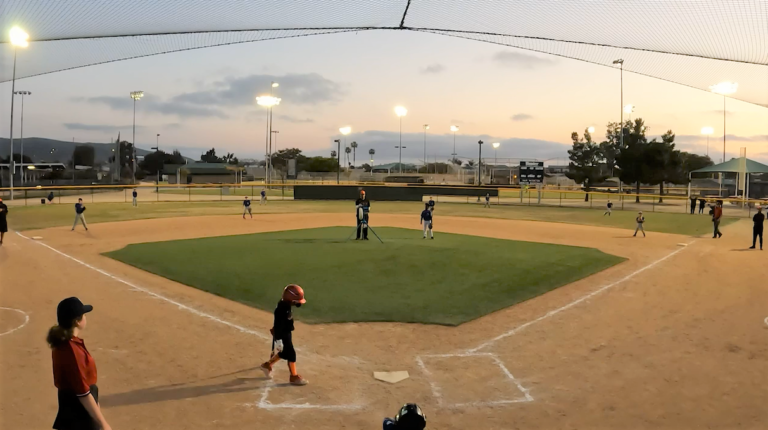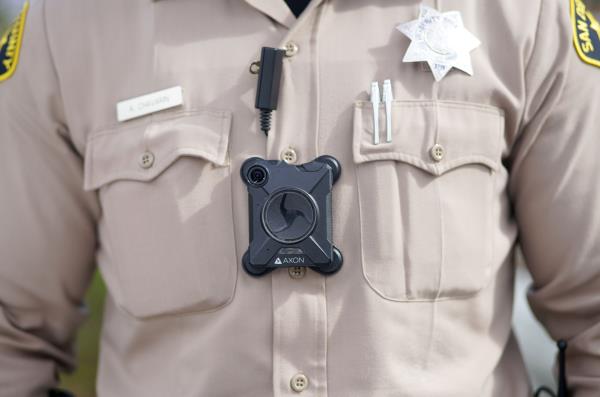Feds, state law enforcement agencies crackdown on illegal telemarketing operations
SDCN Editor
Washington, D.C.–The Justice Department, Federal Trade Commission, and Federal Communications Commission announced Tuesday a crackdown on telemarketing operations responsible for billions of illegal calls to U.S. consumers.
The announcement caps approximately a year of enforcement actions taken by federal and state agencies to combat the scourge of illegal telemarketing, including robocalls and scam calls. In the last year, the department has pursued approximately 90 cases against illegal telemarketing operations and those who facilitate those illegal calls.
The initiative, “Operation Stop Scam Calls,” targets telemarketers, including those who use telephone calls to commit fraud, as well as those who facilitate illegal telephone calls. Enforcement actions targeted lead generators who deceptively collect consumers’ telephone numbers and then provide those telephone numbers to robocallers and others (falsely representing that these consumers have consented to receive calls), as well as Voice over Internet Protocol (VoIP) service providers who facilitate tens of billions of illegal robocalls every year. Significant actions also were taken against individuals and entities who unjustly profited by facilitating the movement of money from scam call victims to fraudsters.
The U.S. Postal Inspection Service, Social Security Administration Office of the Inspector General, and other law enforcement partners, including attorneys general from all 50 states and the District of Columbia have joined forces to protect consumers from illegal calls.
“Illegal telephone calls interrupt cherished time with family and friends and, when they are used to commit fraud, can be financially and emotionally devastating,” said Deputy Assistant Attorney General Arun Rao of the Justice Department’s Civil Division, Consumer Protection Branch, who appeared at a press conference in Chicago announcing the initiative. “The department and its partners are committed to pursuing those who make and facilitate these calls.”
“We are taking action against those who trick people into phony consent to receive these calls and those who make it easy and cheap to place these calls,” said Director Samuel Levine of the FTC’s Bureau of Consumer Protection. “The FTC and its law enforcement partners will not rest in the fight against illegal telemarketing.”
Cases brought by the department targeted both foreign and domestic telemarketing operations. These cases ranged from actions targeting fraudsters who directly contacted victims to actions targeting those who provided scam call operators with the means to perpetrate their schemes. The department’s actions contributed to the collective actions, over 180, taken by the federal and state partners participating in Operation Stop Scam Calls.
The department’s Consumer Protection Branch brought nine civil actions in partnership with the FTC, which collectively alleged conduct involving billions of robocalls. Four of these cases involved lawsuits against VoIP providers that transmitted illegal phone calls. Some of these calls were scams arising from foreign call centers, such as calls by fraudsters pretending to be government agencies or impersonating e-commerce companies. Defendants, as alleged in the government’s complaints, continued to transmit illegal calls even after being warned that those calls were scam pitches. These cases also included a resolution with multinational payment processing company Nexway, arising from a lawsuit that alleged that the company processed credit card payments for India-based Tech Live Connect and other foreign clients that committed telemarketing fraud via tech support scams.
Cases brought by the department also involved criminal charges against those alleged to have made illegal phone calls or facilitated such calls. Many of these cases involved foreign fraud operations that victimized older adults. The department prosecuted perpetrators of various lottery fraud schemes, in which consumers were falsely told they had won a large prize but must first pay money to receive that prize.
In three separate matters brought by the Consumer Protection Branch, three individuals were extradited from Jamaica. Two have since pleaded guilty.
The Criminal Division’s Fraud Section secured a nearly 133-month sentence in a Costa Rica-based lottery scheme.
The U.S. Attorney’s Office for the District of Arizona secured a 160-month sentence for a leader of an international fraud ring who distributed lead lists containing the personal information of thousands of victims.
Additional lottery fraud-related criminal matters include those brought by the U.S. Attorney’s Offices for the District of Connecticut, the Eastern District of California, the Eastern District of New York, the District of South Carolina, the District of Nebraska, the Northern District of Florida, and the Northern District of Ohio.







